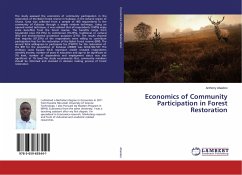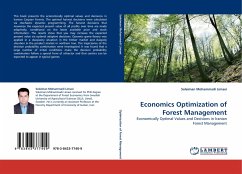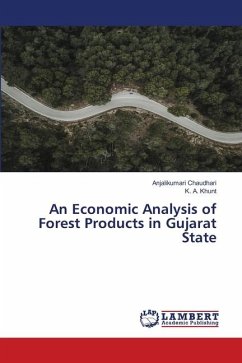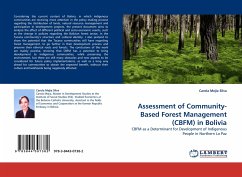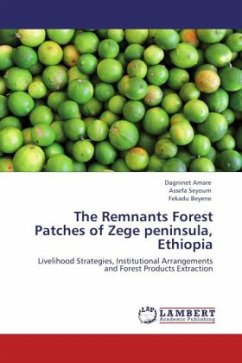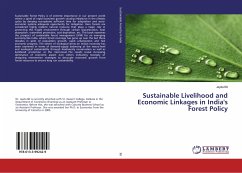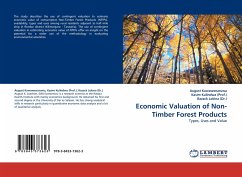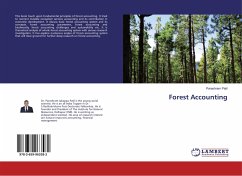The study assessed the economics of community participation in the restoration of the Bobiri forest reserve in Kubease, in the Ashanti region of Ghana. Data was collected from a sample of 400 respondents in the community of Kubease through a simple random technique. Using an opened ended technique, it was realized that all respondents (100%) enjoy some benefit(s) from the forest reserve. The benefits range from household ones (53.75%) to commercial (19.25%), traditional or cultural (6%) and environmental protection purposes (21%). The results showed that majority (87.25%) of the respondents were willing to contribute participation fees for the restoration of the Bobiri forest reserve (BFR). The annual Total willingness to participate fee (TWTPF) for the restoration of the BFR for the population of Kubease (26909) was GH Ct. 2,502,537. The Ordinary Least Square (OLS) regression model revealed respondents monthly income, number of years in education and age to be significant at 5% level, number of dependents and employment status was also significant at 1% level.This study recommends that, community members should be informed and involved in decision making process of forest restoration
Bitte wählen Sie Ihr Anliegen aus.
Rechnungen
Retourenschein anfordern
Bestellstatus
Storno

